In a world increasingly defined by political theatrics and the incessant clamor of media narratives, it’s easy to forget that intelligence manifests in myriad forms. Enter the octopus: an unassuming sea creature whose smarts might just leave many seasoned politicians in the dust. Let’s take a journey under the sea to explore why these eight-legged wonders are not just surviving, but thriving in ways that might just put your local congressman to shame.
1. They’re Masters Of Adaptability
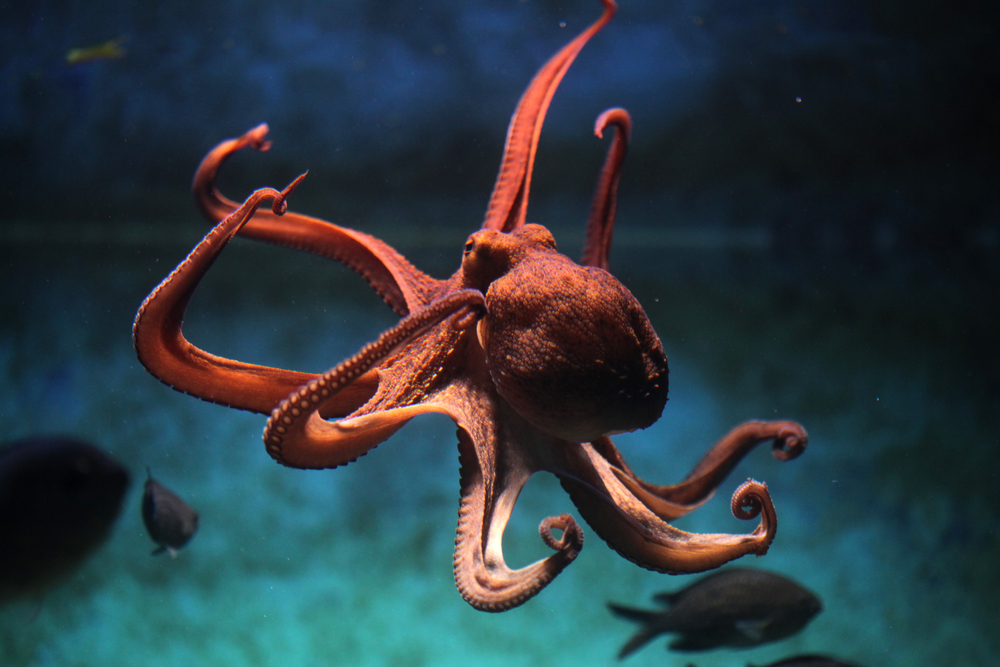
Octopuses make adaptability look like an art form. They can taste with their arms, change color at will, and compress their bodies to squeeze through impossibly small spaces. Unlike politicians who cling to outdated policies, an octopus knows when to pivot and how to innovate. According to a study by marine biologist Dr. Jennifer Mather, these creatures demonstrate remarkable problem-solving skills, a testament to their evolutionary finesse.
In the ever-changing tides of life, the octopus doesn’t just adapt—it thrives. In contrast, many politicians are like ships stuck in the harbor, too afraid to venture into new waters. Imagine if your representatives could shift their approaches as seamlessly as octopuses blend into their environments. We might finally see some real progress, instead of the repetitive cycle of promises and inaction.
2. They Have More Emotional Intelligence In One Of Their Arms
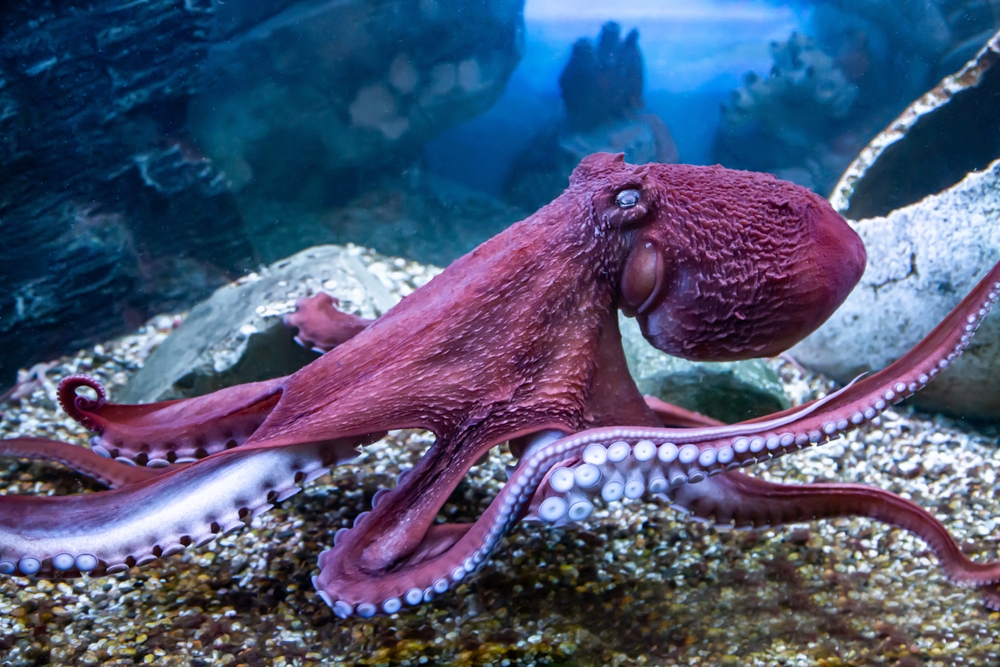
You may not immediately think of octopuses as emotionally intelligent, yet their interactions tell a different story. These creatures form complex relationships and even show signs of affection and playfulness. Unlike the often cold and calculated behaviors of politicians, octopuses engage with their environment in ways that reflect a deep sensitivity. Their ability to understand and react to their surroundings suggests a level of empathy that many humans could learn from.
In politics, emotional intelligence is often sidelined in favor of stoicism and detachment. Yet, what if leaders operated with the emotional awareness of an octopus? Genuine connection and understanding could be transformative forces in political discourse. Emotionally intelligent leadership could replace stagnation with dynamism, bringing about change that resonates on a human level.
3. They Know How To Escape A Threat
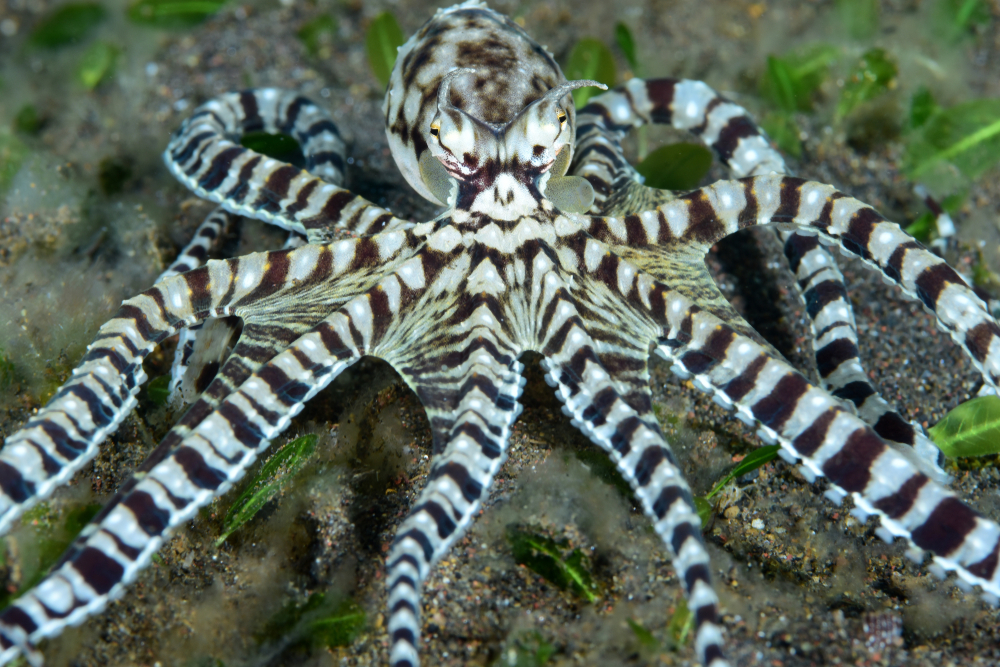
An octopus can slip through the tiniest crack in an aquarium tank, all while maintaining a calm, calculated demeanor. This escape artistry isn’t just physical; it’s mental too. They are experts at avoiding threats and navigating complex environments with ease. In a 2015 study published in the journal “Current Biology,” researchers noted their ability to anticipate obstacles and react accordingly, a feat many politicians fail to achieve when cornered by tough questions.
Politicians, on the other hand, often find themselves stuck in scandals and controversies, unable to escape the mire of their own making. An octopus would never get caught up in such convolutions; their elegance lies in their simplicity and foresight. Imagine the political landscape if leaders could extract themselves from sticky situations with the same grace as an octopus. No more evasion, just pure, calculated strides forward.
4. They Can Camouflage When Necessary
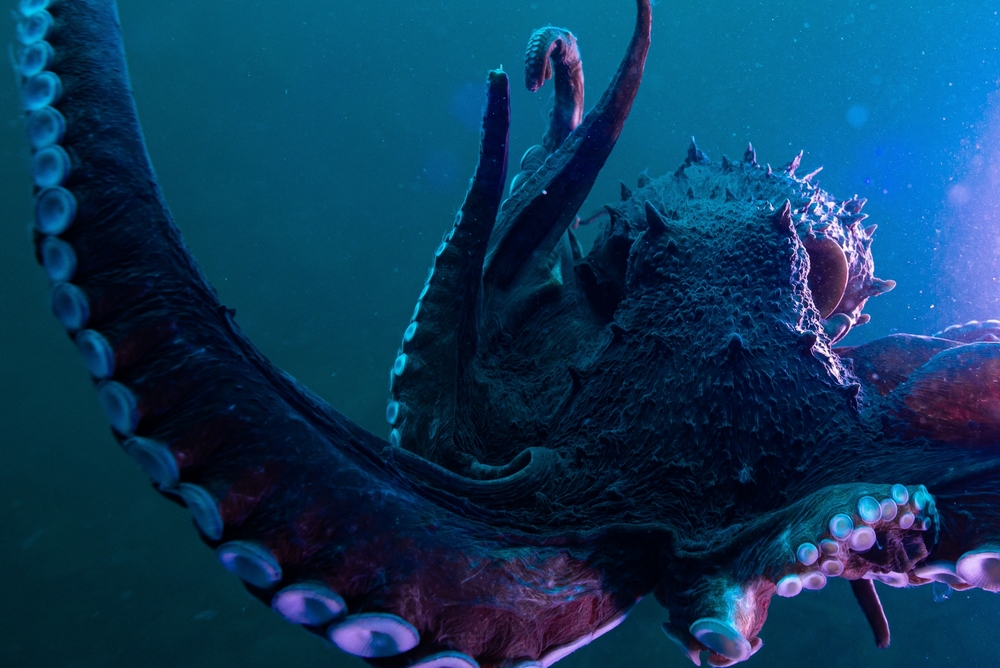
Octopuses have an uncanny ability to become invisible, changing color and texture to match their surroundings almost instantaneously. This skill is both a defense mechanism and a hunting strategy, showcasing how their cognitive capabilities are deeply intertwined with survival. In contrast, many politicians fail to read the room, often standing out for all the wrong reasons. They remain bound to their old colors, unable to shift gears when context changes dramatically.
The octopus’s camouflage is a metaphor for the power of context. It suggests an intelligence that values observation and subtlety over showmanship. While politicians might benefit from learning the art of blending in, they often resort to grandiosity instead. An octopus’s ability to adapt to its audience (or predators) is a lesson in the power of perception and the potential of quiet influence.
5. They Use Curiosity As A Compass
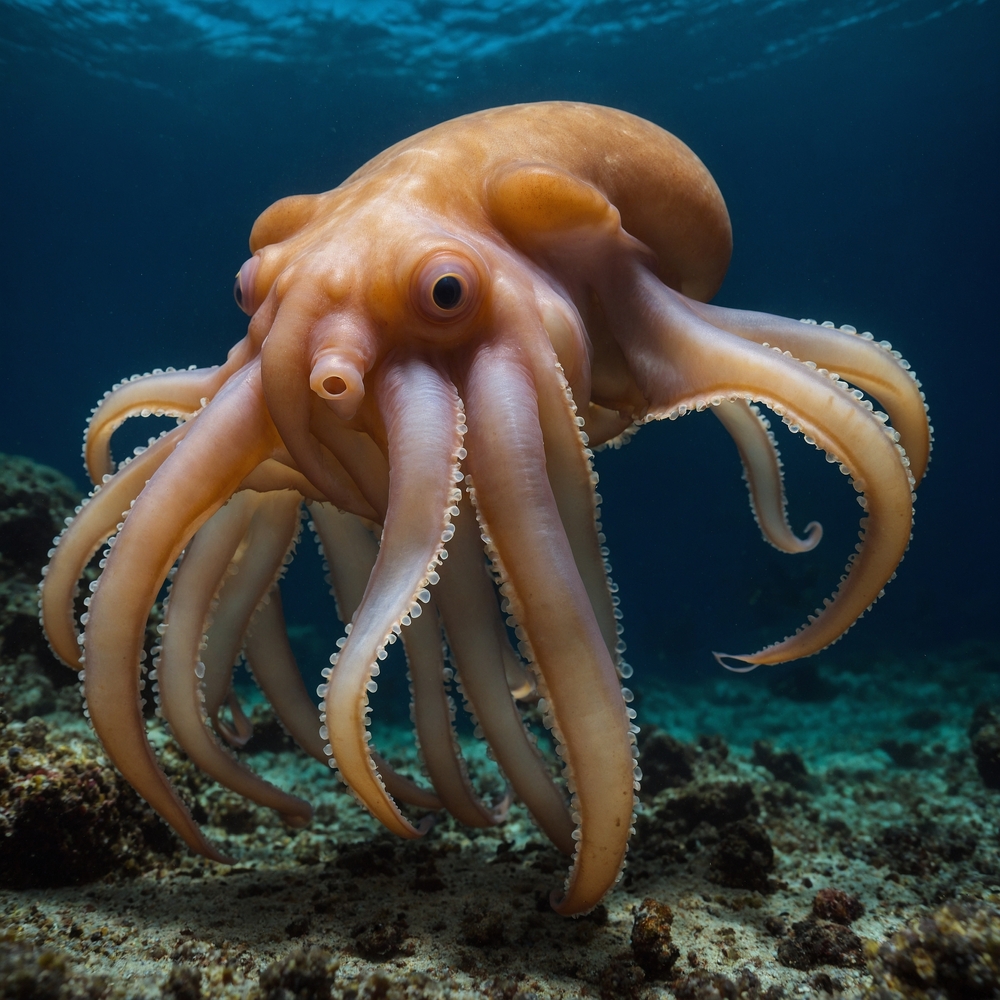
Octopuses are curious creatures, driven by an insatiable desire to explore their surroundings. They investigate objects with a kind of playful fascination that reveals a thirst for knowledge. This intrinsic curiosity fuels their intellect and pushes their limits, unlike many politicians who seem content with surface-level understanding. Dr. Roland Anderson, a noted expert on cephalopods, states that their curiosity is a key component of their learning abilities and adaptive behaviors.
For a politician, curiosity should be a compass, guiding them toward a deeper understanding of complex issues. Unfortunately, many appear to lose this sense of wonder, settling instead into complacency. If curiosity fueled politics as it does the octopus, perhaps leaders would uncover new solutions and perspectives in place of stagnant stalemates. A little curiosity could go a long way in driving meaningful change.
6. They’re Independent Thinkers
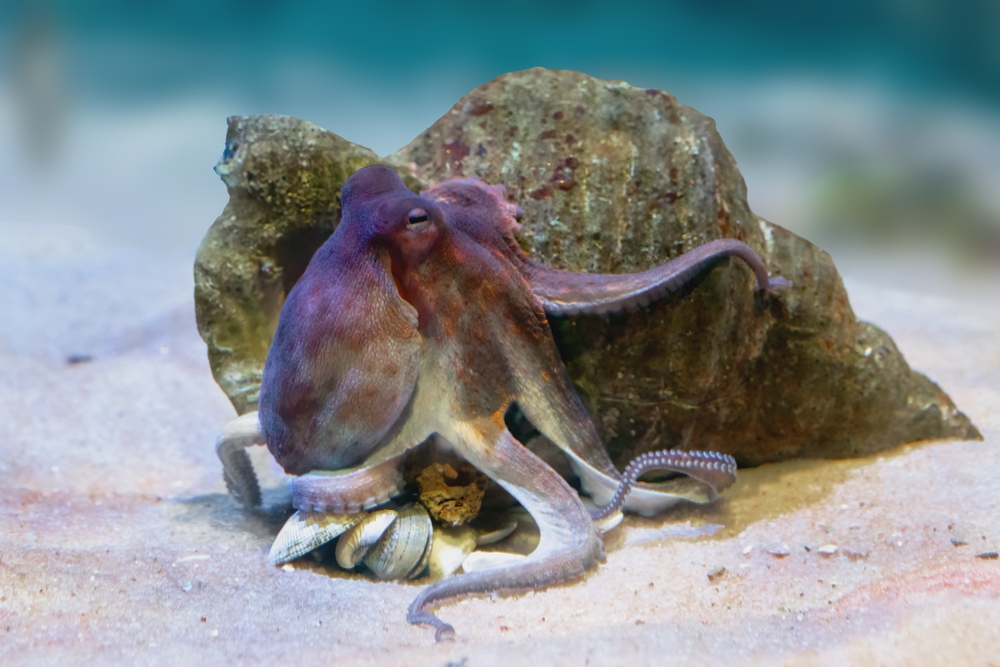
Octopuses are fiercely independent, often venturing out alone, relying solely on their wits. They make decisions swiftly and are not constrained by the need for approval from a shoal. In contrast, politicians are often bound by party lines and the whims of public opinion. The octopus doesn’t need a committee to decide its next move; it trusts its instincts and acts accordingly.
This kind of independence is rare in the political world, where consensus often trumps authenticity. The freedom to act on one’s beliefs without fear of backlash is a trait worth emulating. Imagine leaders who, like the octopus, are unafraid to chart their own course, driven by conviction rather than conformity. It’s an independence that could lead to true progress and meaningful change.
7. They Choose Short-Term Sacrifice For Long-Term Gain
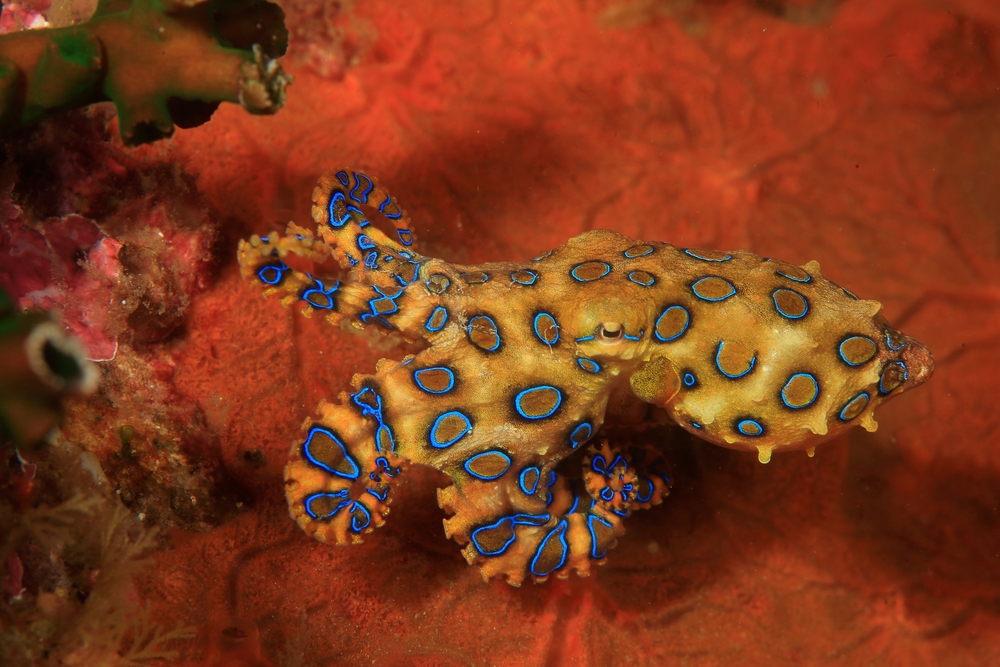
Octopuses often employ strategic sacrifices, like losing an arm to escape predators, knowing it will regrow. This kind of calculated risk exemplifies a keen understanding of long-term benefits over short-term losses. According to marine ecologist Dr. David Scheel, this regeneration showcases an evolutionary advantage that has helped them thrive. Politicians, on the other hand, often shy away from tough choices that might cost them votes, even if those choices could lead to greater benefits down the line.
This aversion to risk-taking in politics stifles innovation and progress. If politicians could take a page from the octopus playbook, they might embrace decisions that require immediate sacrifice for future gains. Such an approach could pave the way for sustainable policies and enduring change. Long-term thinking is a mindset that, if adopted, could revolutionize our political landscape.
8. They Have Unscripted Creativity
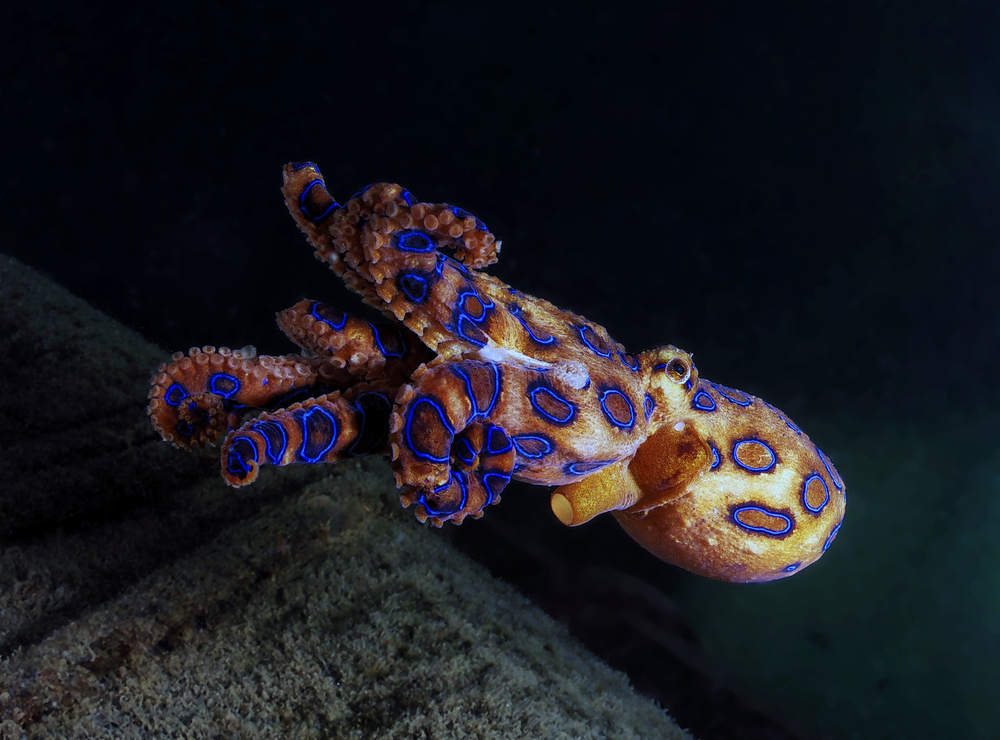
Creativity in the octopus world is not just about pretty colors and clever tricks; it’s a survival mechanism. These animals use tools, rearrange their environments, and even engage in play—behaviors that signify a kind of cognitive sophistication not often attributed to sea creatures. Politicians, on the other hand, often stick to scripts, repeating tired rhetoric without a hint of innovation. The octopus’s creative approach to life is a reminder of the power of thinking outside the box.
In a political sphere often dominated by conformity and predictability, creativity is a breath of fresh air. Imagine leaders willing to innovate and experiment, unafraid of coloring outside the lines. The potential for progress is immense when creativity is allowed to flourish. By embracing unscripted creativity, politicians could break free from outdated molds and redefine what’s possible.
9. Their Communication Is Backed By An Intelligence Strategy
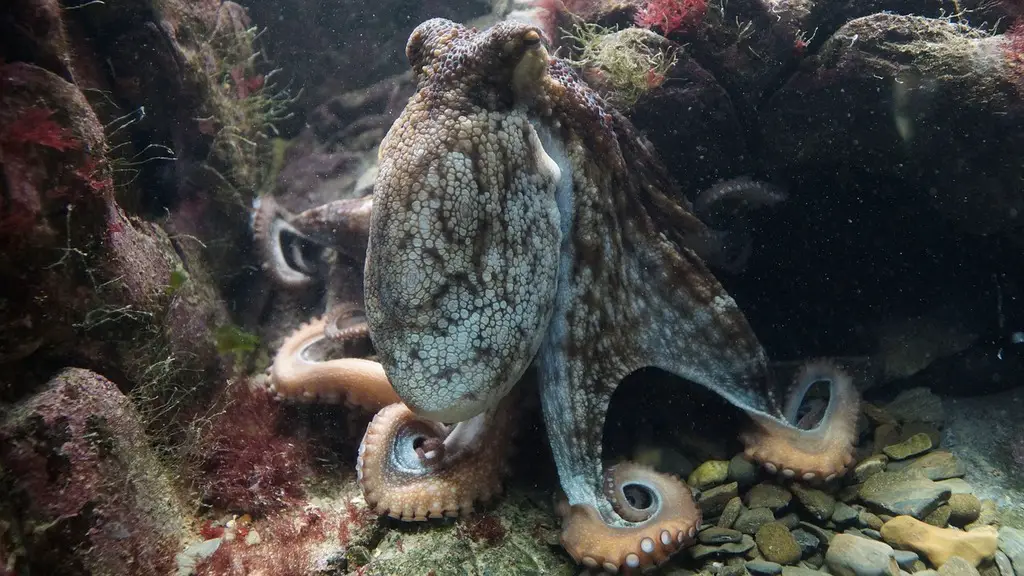
Octopuses are solitary creatures, yet they maintain intricate, often hidden networks within their environments. They communicate through color changes, body language, and sometimes even bioluminescence. While politicians might benefit from such nuanced modes of communication, many are stuck in a cycle of public speeches and soundbites. An octopus’s ability to maintain influence beneath the radar is an intelligence strategy that many leaders could learn from.
Imagine a political world where influence wasn’t just loud and public, but subtle and profound. Building hidden networks allows for a kind of quiet power that doesn’t rely on the theatrics of modern politics. Such an approach could foster deeper connections and more genuine collaboration. It’s a reminder that sometimes the most effective communication happens beneath the surface.
10. They Show Innovation Under Pressure
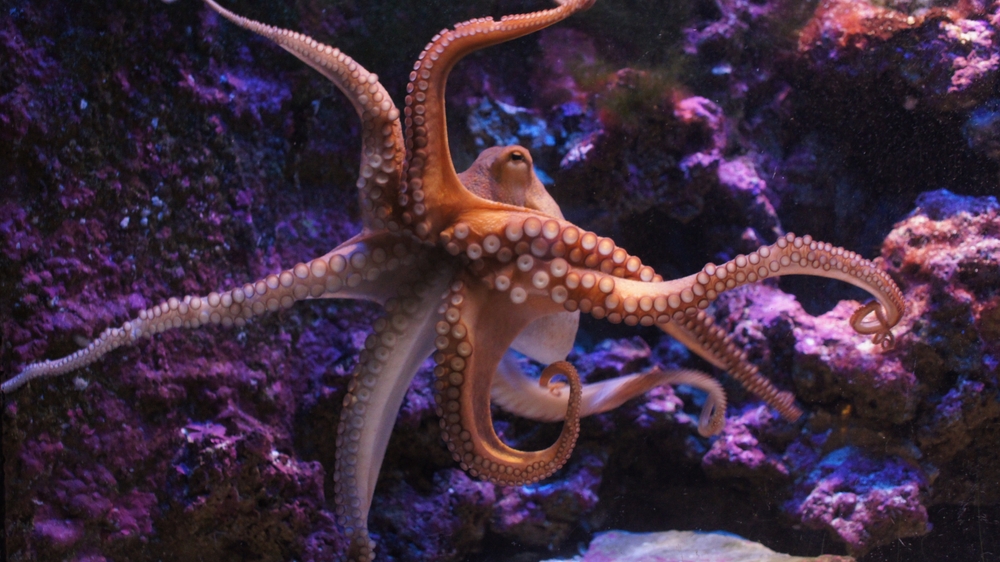
When faced with threats, octopuses innovate, deploying strategies like inking, jet propulsion, and rapid escape. Their ability to think on their feet—or arms—demonstrates a resilience that many politicians lack. In times of crisis, instead of falling back on platitudes, octopuses develop new tactics to survive. This fearless approach to problem-solving is a stark contrast to the often slow and reactive nature of political decision-making.
In a world filled with challenges, innovation under pressure is a critical skill. Politicians often have the luxury of time—a luxury the octopus does not enjoy. Yet, it is this very urgency that fuels their ingenuity. By adopting an octopus-like approach to crisis management, leaders could transform challenges into opportunities for growth and change.
11. They Practice Sustainable Living
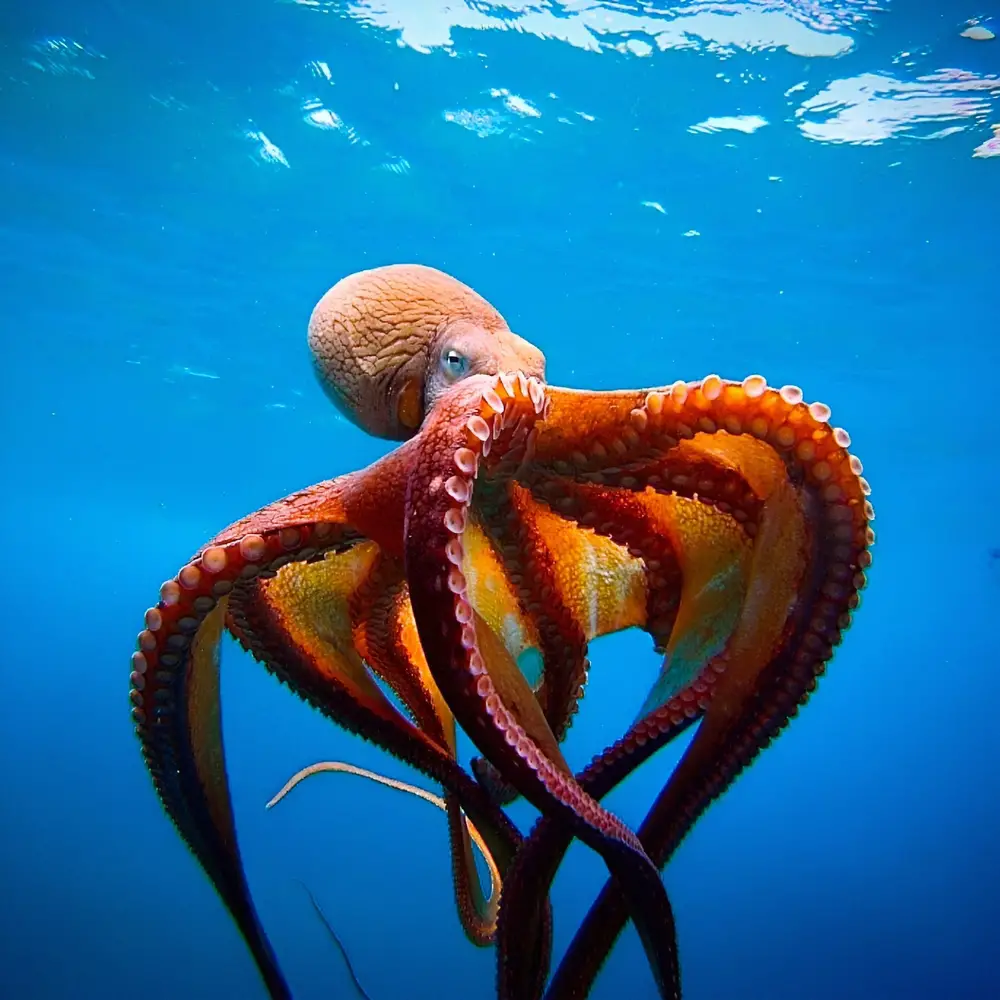
Octopuses coexist harmoniously with their ecosystems, taking only what they need to survive. Their lifestyle is a model of sustainability, a concept often lost on the political landscape where short-term gains overshadow long-term health. Politicians frequently prioritize immediate economic benefits without considering environmental costs. An octopus-like approach to resource management could lead to more sustainable policies.
The octopus doesn’t overfish its waters or disrupt its habitat; it understands the balance of its environment. If political leaders adopted the same respect for sustainability, it could lead to enduring prosperity. This shift in mindset would prioritize the health of our planet alongside economic growth. Sustainable living, as exemplified by octopuses, is not just a necessity but a pathway to a balanced future.
12. They’re Subtle Stealth Warriors
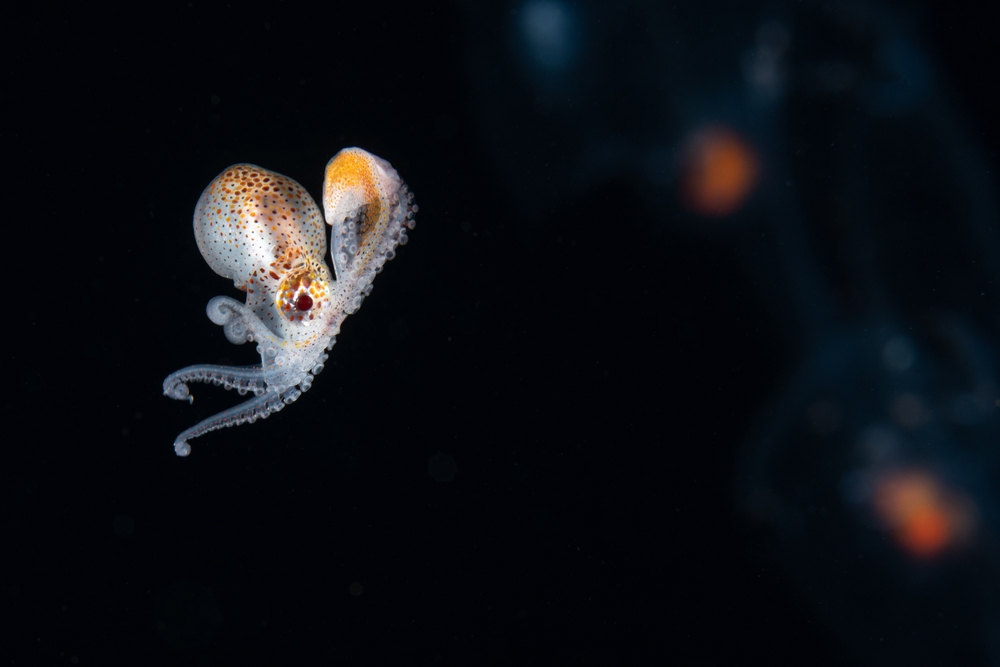
Octopuses are masters of stealth and subtlety, rarely seen until they choose to reveal themselves. Their silent strength is their greatest weapon, a lesson lost on the often bombastic world of politics. In a realm dominated by loud voices and aggressive posturing, the octopus teaches us that quiet power can be the most effective. This silent strength allows them to navigate their environment with grace and confidence.
In politics, strength is often equated with loudness and visibility. Yet, the silent warrior ethos of the octopus suggests that true power doesn’t always need to shout. By embracing subtlety and strength in silence, politicians could cultivate a new kind of influence. The world might just be a better place if leaders learned to wield power as quietly and effectively as the octopus.
13. They’re The Ultimate Survivors
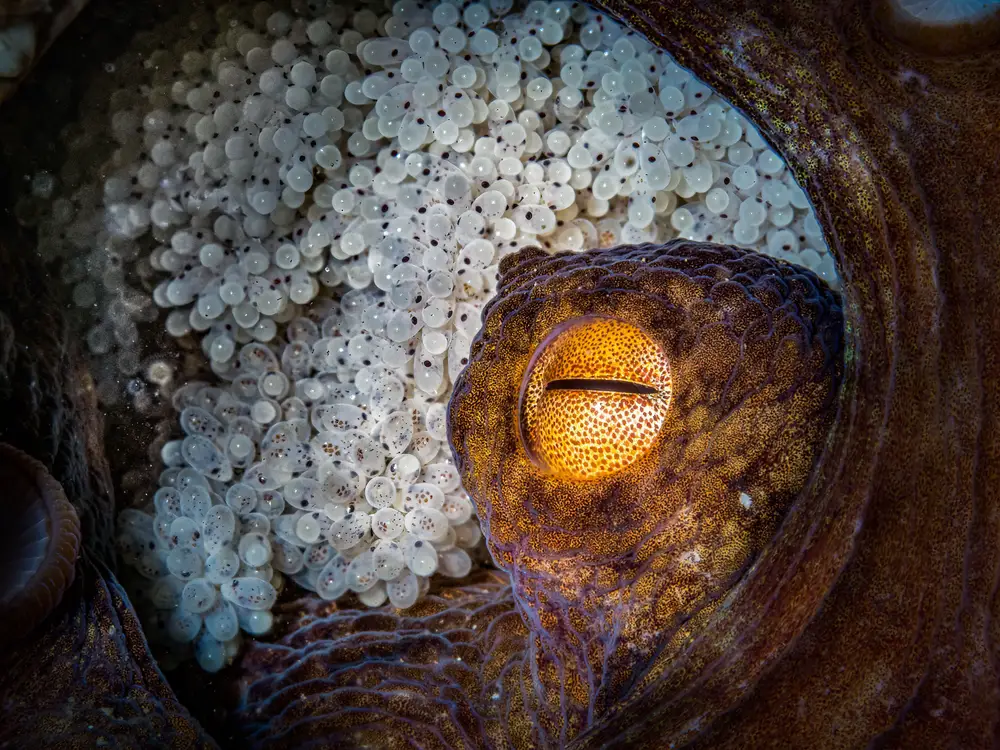
Octopuses are the ultimate survivors, defying the odds in a world filled with predators. Their adaptability, intelligence, and resilience are key to their survival, traits often missing from the political arena. Politicians could learn much from their tenacity and ability to thrive in challenging conditions. Octopuses show us that survival is about more than just enduring; it’s about thriving despite difficulties.
In the cutthroat world of politics, survival often means playing it safe. But what if leaders embraced the octopus’s fearless approach to life? By taking risks and adapting to new situations, they too, could become ultimate survivors. It’s a reminder that true resilience lies in the willingness to evolve and grow, no matter the circumstances.
